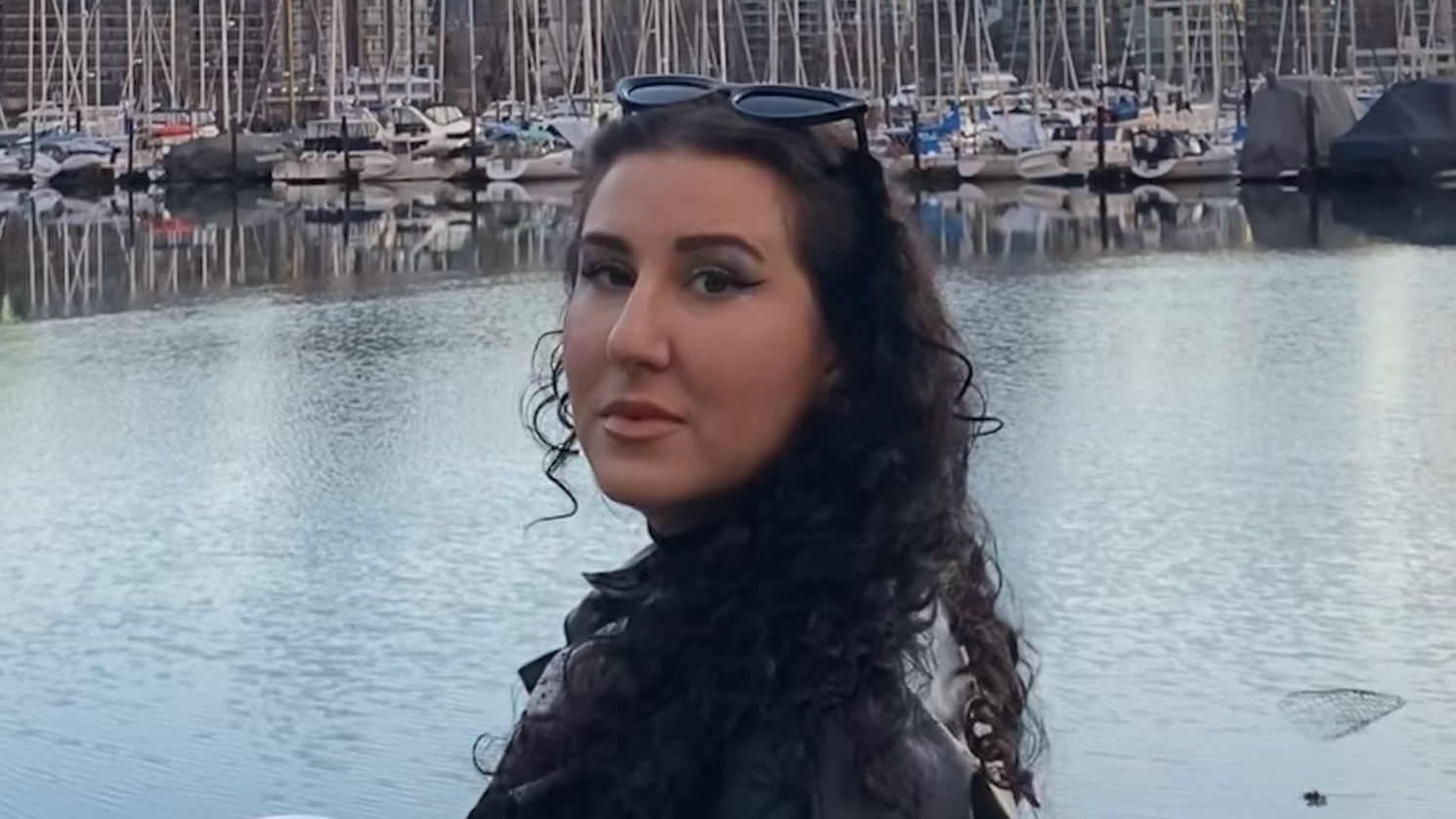Mathilda Poulenay, PhD Student of French Studies, examines contemporary queer feminism in Francophone literature (Part 1). She also shares about her graduate student experience at UBC (Part 2).


Part 1: Research
“I aim to prove that lesbian authors, in particular, subvert heteropatriarchy by being queer, and to explore how that influences their writing.”
What is your research topic?
My research focuses on contemporary queer feminism. I chose to work on authors Virginie Despentes, Wendy Delorme and Jo Güstin, who are all Francophone, but heavily influenced by North American feminists. By speaking English and reading the work of Black feminists, queer feminists, and trans feminists, their work is heavily influenced by intersectional feminism and anti-racist thought. For instance, Jo Güstin speaks on the reality of Black immigrants in France and the racism she faced when living there for 15 years.
I aim to prove that lesbian authors, in particular, subvert heteropatriarchy by being queer, and to explore how that influences their writing. Their queerness also impacts the way they depict their characters and themselves in their stories. Despentes’ and Delorme’s writing style is described as “trash” in French, and their feminism is branded as “féminisme trash” by specialists, because it emphasizes the direct, the vulgar, and the sex positive, which often shocks French readers.
Half of my corpus could be defined as autobiographical fiction (“autofiction”), drawing from elements of the authors’ lives as well as some fictional elements. There is no clear definition of what “autofiction” is, since there is no consensus on what “autobiography” is. This literary genre is subversive in itself, and the authors’ queerness contributes to it, since it has been mainly used by marginalized communities so far.
What drew you to this area of interest?
I am a queer feminist myself and never imagined researching anything that was not connected to these parts of my identity. I believe that as a member of the queer community, I also have a duty of carrying our voices into academia. I am convinced that Gender and Sexuality Studies are fundamental, and it is a discipline that has piqued my interest for as long as I can remember. I especially adore reading some feminist or queer theory on the beach. (You can ask my mom for confirmation.)
Part 2: Graduate Student Experience
“This PhD fuels my passion for teaching and learning, and I am so lucky to be doing it alongside so many amazing people.”
Why did you pursue graduate studies?
I have a Master’s degree in Anglophone Studies, so I have always known I would work in an English-speaking country, and I discovered a passion for teaching French to undergraduate students when I went to Charlottesville, Virginia to teach at the University of Virginia for a year. Since childhood, I have always been a reader and I love constantly learning from my students, peers and professors. Additionally, I am the only member of my family who is pursuing a PhD, so maybe I can be an inspiration.
What was it like working with your graduate supervisor?
My supervisor is Dr. Antje Ziethen and she is amazing to work with. I really feel supported by her in every aspect of my graduate life, and I feel like her passion is contagious. We can talk about my thesis, but also record a radio show (KafouMuzik) together, or joke about my weightlifting classes.
What advice would you give to those who are discerning whether graduate school is for them?
Graduate programs are a challenge, so have a solid idea of why you are doing it. I felt so lost and discouraged numerous times, but knowing why I am pursuing this program and what my goals are is fundamental. This PhD fuels my passion for teaching and learning, and I am so lucky to be doing it alongside so many amazing people. I would also make sure to be surrounded by loved ones and have a tight-knit circle outside of your graduate program but also within it. Also, make sure to advocate for your own mental health.


